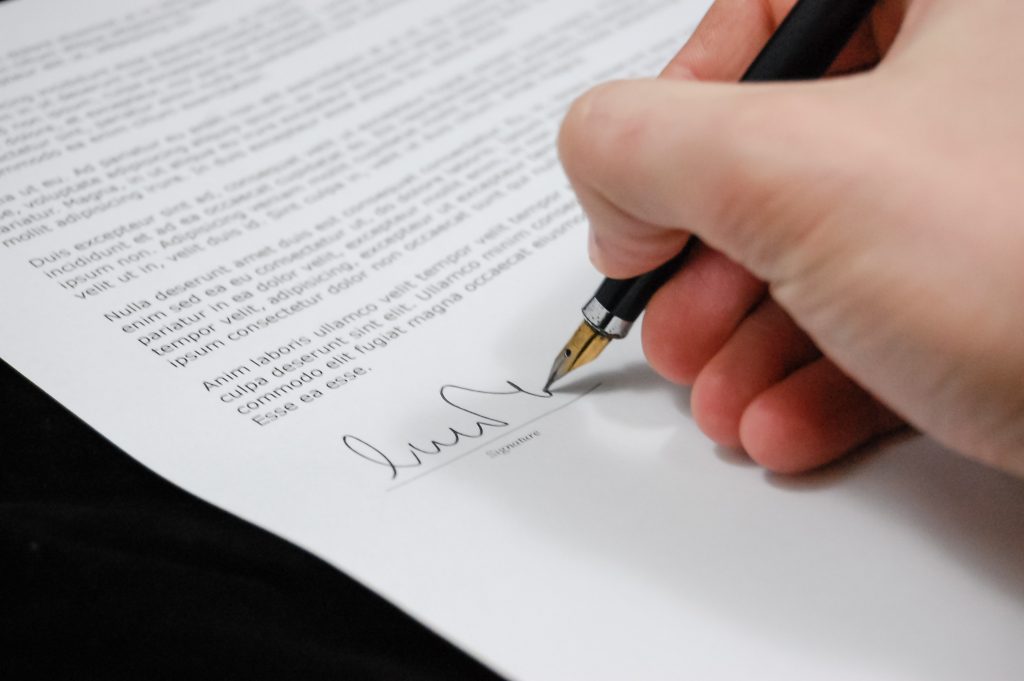Selling a home in Florida can be different than selling one in any other state, both in terms of laws and traditional procedures. Here are some important facts to know.
Role of Real Estate Agents in Florida
Your Florida real estate agent is also called the “listing agent,” assuming that the agent is responsible for handling the marketing and sale of your property. However, if your agent also represents the buyers in the transaction, which could happen if you consent in writing, your agent will become what’s called a “transaction broker.” (See Fla. Stat. §475.278.)
Why is that important to know? A transaction broker has certain obligations to the buyer as well as to you. Rather than providing undivided loyalty to the seller, a transaction broker assists both parties, in a limited form of representation. However, the agent is not supposed to represent one party to the detriment of the other. This can be a difficult line to walk, so consider carefully before consenting to such an arrangement.
Typically, the seller pays a 6% commission to the real estate listing agent, who then splits this with the agent (if any) who represents the buyers. The commission comes out of the proceeds of the sale and you pay it at closing.

Contract Forms Used for a Florida Home Sale
Most Florida home sellers or their real estate agents use an FR (Florida Realtors, formerly Florida Association of Realtors) form or FR/BAR (Florida Realtors/Florida Bar) form, such as the Residential Contract for Sale and Purchase or the “AS IS” Residential Contract for Sale and Purchase.
The main differences between these two forms are the rights and obligations of the parties when it comes to inspections and the condition of the house. Put simply, with an As Is contract, a seller might be released from certain obligations relating to the condition of the house. Conversely, with the Residential Contract for Sale and Purchase, the buyer might be able to negotiate a reduction in price for certain repairs.
As you review the contract in preparation for signing, pay particular attention to the following language and clauses:
Personal Property: List specifically any personal property that you and the buyer have agreed will be included in the sale—in other words, that you will leave behind—so as to avoid confusion. Likewise, if you intend to remove any fixtures, such as major appliances or a flat-screen wall-mounted TV, spell out in the contract that these items are not included.
Price: The contract will state how much the buyer will put down upon signing the contract, the amount financed and the balance to be paid at closing. Confirm that the amount and the math are correct.
Financing contingency: If the contract states that the buyer must qualify for financing in order to buy the house, the buyer must diligently apply for the financing required by the contract. Buyers can specify that they must get approved for a loan with a certain interest rate and in a certain amount. Make sure their terms are realistic if you don’t want to buyers to have an easy out. If financing is not included in the contract as a contingency, then the buyer is legally obligated to close whether or not he or she receives loan approval.
Closing date: This is typically 30 days in Florida; however, some lenders can take longer to approve the loan, so be prepared for your buyer to request an extension.
Inspection: The buyer has the right, under the contract, to inspect the property, by bringing in one or more inspectors or contractors. Educate yourself in advance about the cost of repairing any known problems, if you decide not to make these repairs in advance of the sale. Your real estate agent might be able to recommend the amount of any concessions you should offer in order to close the sale.
Title and survey: Your contract will also say who is responsible for getting the commitment for title insurance and how long the buyer has to review and object to its contents. If you provided a survey or the buyer orders a survey, the contract will state how long the buyer has to identify issues with it. If you have to fix a problem, try to negotiate a reasonable amount of time with the buyer (as an amendment to the contract). In case you do not want to spend the time or money to cure the problem, make sure your contract gives you the right to cancel and return the buyer’s deposit. Take note of the contractual timelines for notifying the buyer of your decision; if you wait too long, you might be obligated to cure the defect.
Riders: The FR/BAR forms contain a number of optional riders, for such subjects as condominiums, homeowners’ associations, and seller financing. Some are very basic and might not be adequate for complicated situations.

Duty to Disclose
Unlike in some other states, Florida sellers have an affirmative duty to disclose known defects on the property, as well as defects they should have known about. This duty came from a well-known 1985 case, Johnson v. Davis, in which the Florida Supreme Court determined that the concept of buyer beware did not apply to sales of residential properties.
Potential Costs Associated with a Florida Home Sale
With luck, you will earn money on the sale of your home. However, the amount you receive at the closing will probably be reduced by money you have to pay in order to bring the sale about, such as:
Title insurance: Exactly who pays the premiums is assigned in the contract. However, it’s customary in Miami-Dade and Broward counties for the buyer to choose the title company and pay for the title insurance. In other counties, the parties will often agree that the seller pays for the owner’s policy and the buyer pays for the lender’s policy. The rates are established by state law.
Cost to cure any title or survey defects: If title or survey issues turn up, you will want to consult an attorney to determine the options, timeline, and cost for resolution.
Governmental costs: The seller must pay the county, town, and/or city costs, such as documentary stamp taxes and recording fees.
Non-governmental costs: These include title search charges, community association estoppel fees, and a municipal lien search.
Closing Process for a Florida Home Purchase
By custom in Florida, the closing, at which you formally transfer ownership of the property, can take place at any location. Most often, an attorney or a title company, if it is issuing title, handles the closing. The closing agent prepares the forms, which include the standard documents to transfer title (such as the deed); records the documents with the county; and disburses the money.
The closing agent cannot give you legal advice, unless the closing agent is also your attorney. If you do not understand what you will be signing or how the amounts were calculated, be sure to hire an attorney like Steger Law Firm to represent you.

